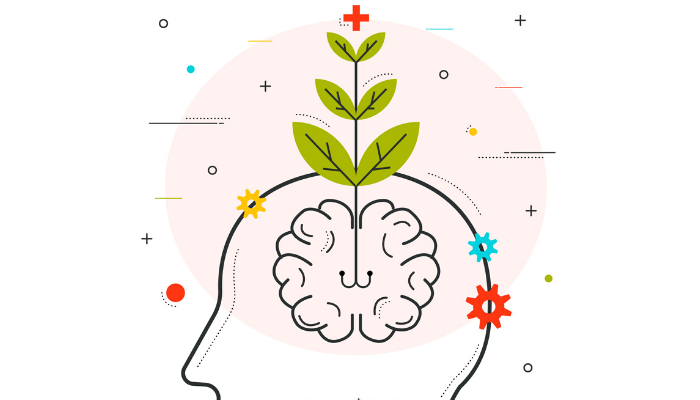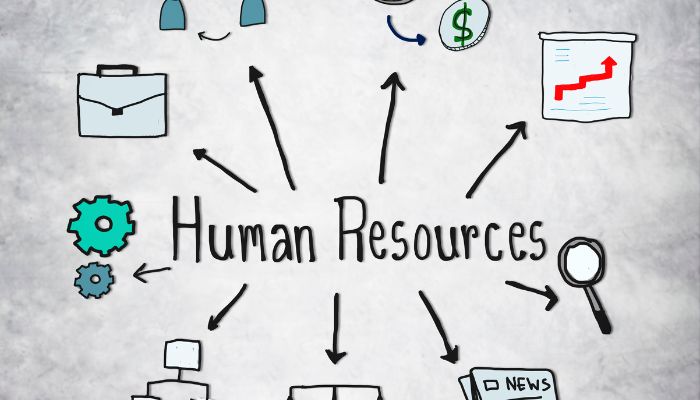We are over two months in the nationwide lockdown with partial reopening of businesses and activities allowed in non-containment areas. The impact of this lockdown on businesses and the economy, as expected, has been enormous. But those are not the only aspect of life that is suffering or has suffered from the pandemic. One aspect that is of major concern to many businesses is the mental health of employees during the pandemic.
COVID-19 and mental health
When the government started to initiate statewide lockdown, which was in line with the widely adopted social distancing measures, that imposed on the movement of people, concern was given to the economic impact. As businesses were forced to shut down, it was expected that the economy was going to experience a massive dip in growth.
Unsurprisingly, the coronavirus has had a massive impact on the world economy which some experts claim mirrors the global debt crisis of 2008. Unemployment rates are soaring in even the most developed countries. Nations have revised their growth rate forecasts to reflect the impact of the pandemic on their economy. In India, an estimated $4.5 billion was lost daily during the period of the initial 21-day lockdown that began in late March.
Looking at the impact of the pandemic lockdown on such a large scale, it is possible to lose sight of how it affects individuals. As businesses stopped operation, many people lost their source of income. A survey carried out by Azim Premji University reports that about two-thirds, or 67 percent, of workers, lost their jobs as a result of the lockdown. This has led to an increase in stress level and anxiety among workers, which affects mental health.
Before the pandemic, employee mental health has been a point of concern for business leaders. A report released by the WHO in 2019 estimated that 264 million people suffer from depression globally. It was later reported in a different survey that depression and anxiety lead to a loss of productivity that costs the global economy US$1 trillion each year.
The mental health concern is not only caused by unemployment as many work-related risk factors contribute to poor mental health problems among workers. Mental health risks are often related to an interaction between the nature of work, the organizational and managerial environment, the skills and competencies of employees, and the support available for employees to carry out their work.
These mental health risks that contribute to a reduction in employee productivity can manifest in a variety of ways: inadequate health and safety policies, poor communication and management practices, insufficient participation in the decision-making process, lack of control over the work area, inadequate employee support, rigid or fixed working hours; and imprecise organizational goals and objectives. During this pandemic, however, anxiety and the uncertainty that surrounded future expectation is the most prominent cause of disruption in employee mental health.
Related Reads
Health workers and their mental health during the pandemic
Health workers have been the major warriors responsible for keeping the virus at bay. But even they are not immune to the virus. Inadequate personal protective equipment and overcrowding of hospital facilities by infected patients have left them extremely vulnerable to the virus. Before the pandemic, health workers always worked uncertain long hours. The number of hours they’re subjected to because of the pandemic has led to an increase in stress levels and many of them have, unfortunately, become victims of the deadly virus. With the number of infected individuals health care workers have to deal with and the number of people that die on their watch daily, psychological trauma has become a major source of concern for health care workers.
Commitment to employees mental health
Since the pandemic began, cases of mental illness have spiked globally. A survey carried out by the Indian Psychiatric Society reveals that cases of mental illness have increased by 20 percent since the beginning of the outbreak. This number is no surprise as people don’t do well in confinement.
What is more important to note is that the way the mental health of persons is affected during this period varies across the board. For kids, the fear is that the inability to interact with their peers might significantly impact on their skills. As for teenagers, isolation might lead to an increase in substance and drug abuse.
The old also feel the impact of the pandemic on their mental health. Although research shows that they are less likely to be affected by anxiety and panic, the loss of a family member can greatly affect their mental health. This, coupled with neglect and isolation, makes the impact of the pandemic more telling on them.
For employees, how the lockdown affects their mental wellbeing is pretty straight forward. Experts have pointed out that isolation and uncertainty have caused more fear and anxiety among workers. This stems from the uncertainty about their wellbeing, job, and the future. All of these put together, have led to high increase of depression and anxiety during the coronavirus outbreak.
The onus now falls on leaders to display their commitment towards ensuring that their employees are in tip-top mental shape. Here are three ways employers can support their employees during a pandemic.
1. Utilize technology to offer mental health resources
Without digital technology, the impact of the lockdown on the mental health of people would have been more expansive than currently experienced. Technology has greatly influenced communication. People can now speak to each other across the border with almost no restriction. And even with the lockdown, people can still keep up with friends, family, and coworkers.
Employees have turned to use collaboration tools and video conferences to discuss work and maintain relationships with co-workers while working from home. This can have a positive effect on employee wellbeing. Now that employees work from home, leaders can ensure that workers have the necessary tools that can enable them to key into the resources that can help employees learn coping mechanisms and stress management.
2. Enable effective communication and eliminate stigma
Leaders should create platforms that support free and open communication among employees. Employees should be able to discuss issues that border them. This greatly impacts positively on mental health. Leaders can also sort the help of a virtual therapist to help identify ways of recognizing symptoms, improving mental health, and seeking outside help can also be helpful.
Communication is very important and crucial to the success of the organization irrespective of the situation. So during this period, frequent communication between employees and employers will help lift the mood of workers. Amid the high uncertainty, a word or two from the leaders can go a long way to provide relief for the workers.
3. Prioritize well-being in benefit plans
A healthy worker is a productive worker. This much is proven by how much is lost to depression and anxiety among workers. As such, companies should not only prioritize the physical and financial wellbeing of their workers, they should also put into consideration the mental health of their employees. One way to ensure that is for organizations to include mental health resources as a part of their benefit plans.
Workers undergo a great deal of stress and anxiety, which is not only related to work. Many workers have to balance work and family and this takes its toll. To ensure that workers remain efficient and highly productive, companies must be ready to invest and give maximum support in the mental wellbeing of their employees.
References:
- As Mental Health Suffers in the Face of Pandemic, India Awakens to more Insidious Impacts of thee Lockdown by Shiv Nalapat|| April 22, 2020
- Kashmir Under Siege and Lockdown, Faces a Mental Health Crisis by Sameer Yasir|| April 26, 2020
- Mental Health in the Workplace by the WHO|| May 2019
- Covid-19 and Mental Health: Working together in India by the World Psychiatric Association|| April 14
- Economic Impact of the COVID-19 Pandemic in India by Wikipedia; April 2020






